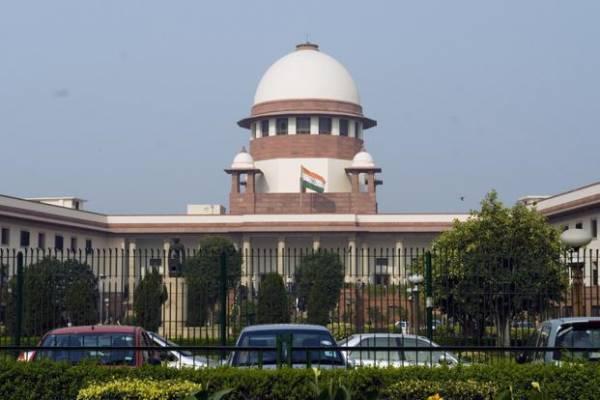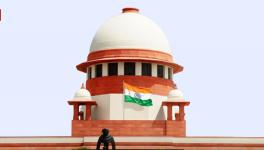Elections 2019: EC Says Electoral Bonds to have Serious Impact on Transparency

Image Courtesy: Indian Money
According to their application, the data on donations available shows that most of the donations have been in bond denominations of Rs. 10 lakh and 1 crore. This, according to them, indicates that the donors were unlikely to be ordinary citizens and more likely to be corporate donations. Further, since most donations were made in favour of one particular party (the ruling party), it is highly probable that the donations came from corporate sources.
ADR’s application for a stay was based on a notification issued by the Ministry of Finance on February 28 this year which laid down the schedule for issuing electoral bonds. According to this notification, electoral bonds will be made available between March 1 and 15; April 1 and 20; and from May 6 to 15. What has emerged as a cause for concern is that this schedule coincides almost perfectly with the Lok Sabha elections this year. The elections will be held from April 11 to May 19. It’s also noteworthy that Bharatiya Janata Party’s (BJP) annual report for the financial year 2017-18 has stated that the party received more than Rs. 1,000 crore through electoral bonds. The scheme was formally launched in January 2018, which means that the BJP received this amount in a span of three months.
The electoral bond scheme was enabled by seemingly innocuous amendments to the Reserve Bank of India Act, the Representation of the People Act, the Income Tax Act and the Companies Act, through the Finance Act, 2017. The Act was passed as a Money Bill, and hence any objections that may have arisen in the Rajya Sabha would not have prevented them from being passed.
Also Read | Electoral Bonds: Experts Scoff at Modi Govt’s Claims of Transparency in Political Funding
The amendments made to these legislations removed the fetters on companies making political donations. Previously, a company could only donate an amount not greater than 7.5% of its net profits of the past three financial years. This provision was done away with. Similarly, political parties were bound to declare the source of all donations of amounts above Rs. 20,000. Through an amendment to the Income Tax Act, no party can accept donations in cash above Rs. 20,000. However, no declaration is necessary for donations received through electoral bonds.
The scheme by itself has made a mockery of transparency and privacy. Firstly, the government has claimed that the identity of the donor will be protected. Secondly, since only customers who have completed their Know Your Customer (KYC) norms can buy the bonds, the government has claimed that transparency has been maintained. However, it is the unfettering of corporate donations which has been achieved, while at the same time ensuring complete anonymity of the donor.
The scheme envisaged bonds in denominations of Rs. 1,000; 10,000; 1 lakh; 10 lakh, and 1 crore. However, according to the application, 97% of the bonds purchased till date have been in denominations of Rs. 10 lakh and Rs. 1 crore. Even if one were to consider India’s per capita income as put forth by the World Bank, which is around Rs. 4.8 lakh (6,980 USD), the figures indicate that the donations could not have come from ordinary citizens.
The application also brought the Court’s attention to the fact that applications under the Right to Information Act have revealed that the Election Commission of India (ECI) had forwarded its reservations to the Ministry of Law and Justice regarding the scheme. This was, however, not truthfully conveyed to the Rajya Sabha on December 18, 2018. Union Minister of State for Finance, P Radhakrishnan, claimed that the government had not received any concerns from the ECI regarding electoral bonds while responding to a question in the Rajya Sabha.
Interestingly, the applicants cited a Judgement from the Supreme Court of Brazil which outlawed corporations making political donations. The reasoning was that in a representative democracy, power lies with the people. Hence, allowing corporate donations will create a situation where political parties compete for funds by offering more favourable terms to the corporates. Thus, the end losers will be the people to whom the elected representative ought to be answerable.
Also Read | The Election Commission's Concerns About Electoral Bonds Fall on Deaf Ears
Get the latest reports & analysis with people's perspective on Protests, movements & deep analytical videos, discussions of the current affairs in your Telegram app. Subscribe to NewsClick's Telegram channel & get Real-Time updates on stories, as they get published on our website.
























